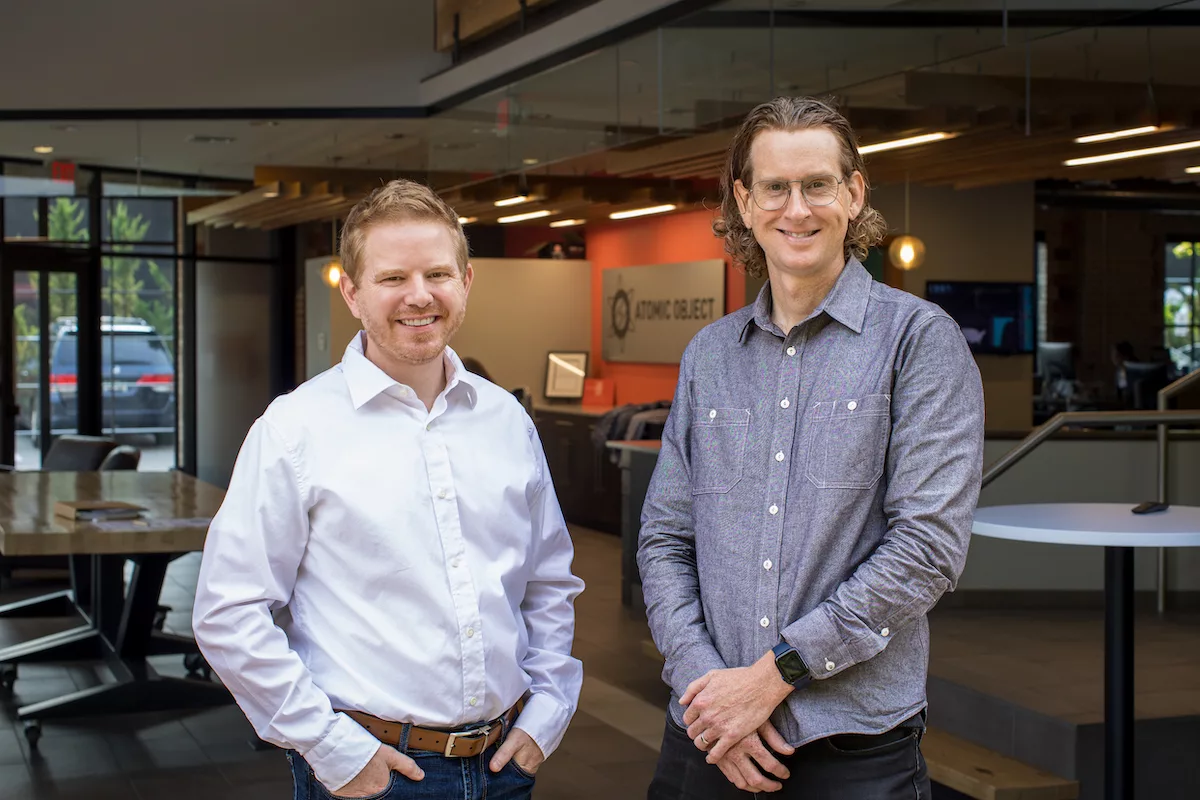Starting a business venture can be complex — and quite honestly, scary. About 90% of startups fail, and 10% of startups fail within the first year, according to Forbes. Those statistics are bleak, but they don’t have to be.
In this City University session, Josh and Kyle expand on the Lean Startup methodology — what it is, how to challenge assumptions about your startup, and how this methodology can help redefine success.
Read the Recap
What is the Lean Startup Methodology?
A Lean Startup Metholodogy takes a more scientific approach to business development. According to the Harvard Business Review, it favors experimentation over elaborate planning, customer feedback over intuition, and iterative design over traditional “big design up front” development. This methodology is only a few years old, but some of its main concepts, such as pivoting and the build-measure-learn feedback loop, have taken root in the startup world. You can read more about it in the book, The Lean Startup.
One of the main principles of Lean Startup is validated learning. By utilizing the right data, you can figure out how to build the right thing and develop a process for your product or service that will shrink substantially. This means your future customers won’t have to wait several months while you test what products might work. Instead, you can adapt plans incrementally to create a product or service that perfectly solves your customers’ problems. It’s all about using data to inform the right decisions for your business, otherwise known as “evidence-based entrepreneurship.”
Lean Startup vs. Lean Manufacturing
At City Innovations, we often find that clients think they understand Lean Startup when they’re actually confusing it with Lean Manufacturing.
Lean Manufacturing is a production process ideology based on maximizing productivity while simultaneously minimizing waste. Lean Startup and Lean Manufacturing are similar in what they imply, but they aren’t the same thing.
Lean Startup is not necessarily the production of a specific output. Instead, it’s a process to get you somewhere. Overall, it’s about rapid experimentation and figuring out if the market wants “it” — whatever that may be — before you build it. It’s all about evidence-based research and measurable data that informs decisions.
It May Be Time to Challenge Your Assumptions
One major pitfall that many entrepreneurs fall into when starting a business is not challenging their thinking. When working in a Lean Startup methodology, you are always challenging your assumptions, recognizing when an idea or process is off, and refocusing your efforts toward success.
“I’m on a Jim Collins kick right now, and one thing he says is you have to be able to recognize the hard, inconvenient truths — and I think that’s definitely part of the evidence-based thing,” Kyle continued. “Realizing that ‘I believe this and wanted this to be true, but maybe this isn’t true.’”
What it comes down to is that many entrepreneurs are often married to the solution instead of being married to the problem they’re trying to solve.
When you’re married to a solution, it’s harder to challenge your own assumptions. You get stuck thinking, “if this assumption is not true, then my whole solution comes to a crumbling halt.”
However, when you’re married to solving a problem, you’re able to focus on that and forget about the solution it takes to solve your problem.
It’s backwards, we know. In the traditional education system, we’re not taught to love the problem. We are graded on the answer.
Quick. Think about your product or service. What problem are you solving? Are you able to answer? If not, you may be facing Sunk Cost Bias.
Sunk Cost Bias (Fallacy) is associated with the commitment bias, where one continues to support previous decisions despite new evidence suggesting that it wasn’t the best course of action.
When you’ve fallen prey to Sunk Cost Bias, it is very difficult to challenge your assumptions — you’ll feel like you’ve already invested too much time, effort, or money, and there’s a real fear of failure to face.
The idea of problem-solving is everywhere — it’s likely listed in every job description you come across. But when it comes to entrepreneurship, you’ve got to flip the script and look at things through a different lens — which can help guard against those challenges of being solution orientated or being married solely to the solution.
What do Lean Startup and Pink Floyd have in common? Listen to Kyle’s analogy.
What Does a Successful Entrepreneur Look Like?
When starting a business and embarking on a Lean Startup Methodology, it takes a certain kind of person to be successful. If you have to put your biases aside and be married to solving the problem, you have to be humble about the fact that your solution could be wrong. It takes a lot of humility to admit when you’re wrong and that you might have failed at some point.
The challenge as an entrepreneur is to find a culture that supports failure and supports the value of learning.
If you failed, there are a lot of work cultures out there that would say you swung and missed, so you’re out. Maybe you’ve been in this situation before. But it’s important to find an organization that takes failure and allows people to learn from it. If you swung and missed, what did you learn? How do you elevate and share those learnings?
Have you heard of Sunshining? Netflix does it. Click here to listen to Kyle explain it all.
If you do not surround yourself in an organization that allows you to learn from your idea failures, a culture of fear can brew, leaving people too afraid to take the risks needed to make a change or too afraid to challenge their assumptions. When people are married to the solution, it leads people to be afraid of being wrong, which can be detrimental to the success of your business.
Now Let’s Redefine Success
All of this leads right into a redefining of what success is. Instead, success should be upheld as how quickly you learned from something.
Thomas Edison is quoted as saying, “I have not failed. I’ve just found 10,000 ways that won’t work.”
Edison’s quote is a great reminder that failure is not an inherently bad thing. As long as you learn from it, failure can actually be a good thing. For many companies and businesses across the board, there is a huge focus on growth. However, you can’t grow without learning, and you need data to learn.
Capturing the right data is the first step toward learning. Instead of focusing on monetizing your business — focus on company growth — which is a nod to the GEM framework. The growth vs. monetization mentality not only gives you data but a defensible position for your product.
Lean Startup provides a framework for how an entrepreneur can incrementally learn, validate the learning based on evidence, and pivot on ideas and processes as they grow. Failing frequently and learning from the failures will help your startup avoid being in the 90% that fail without a comeback.
Want to get started? Click here to reach out to us. We’d love to hear from you.
You can find more content like this by checking out our City University here!



